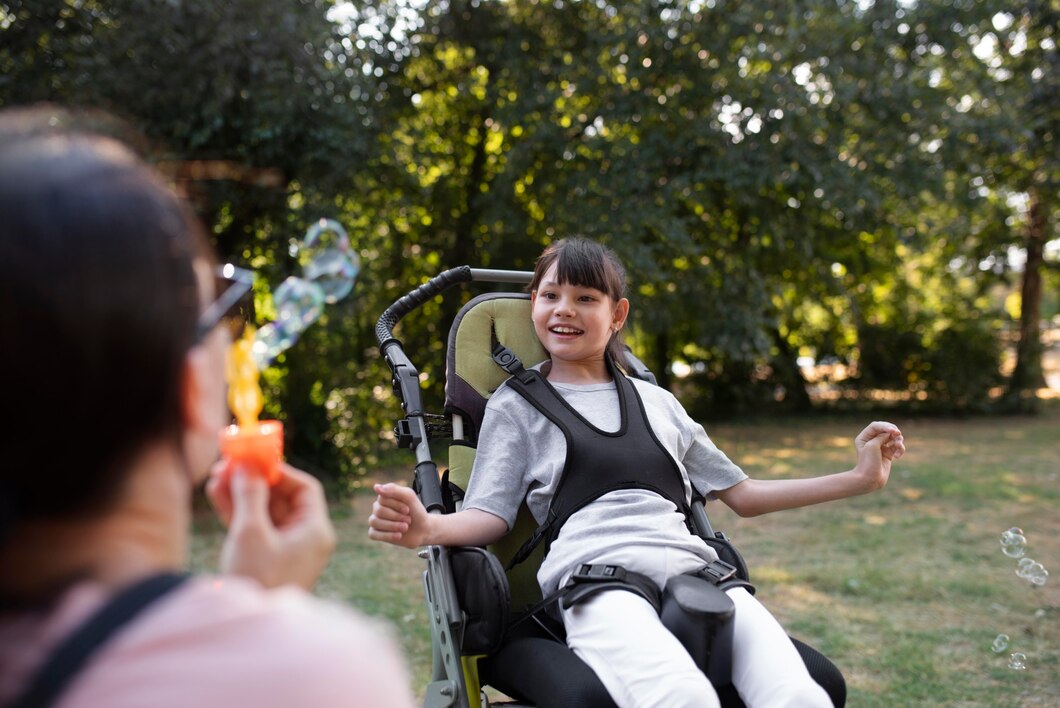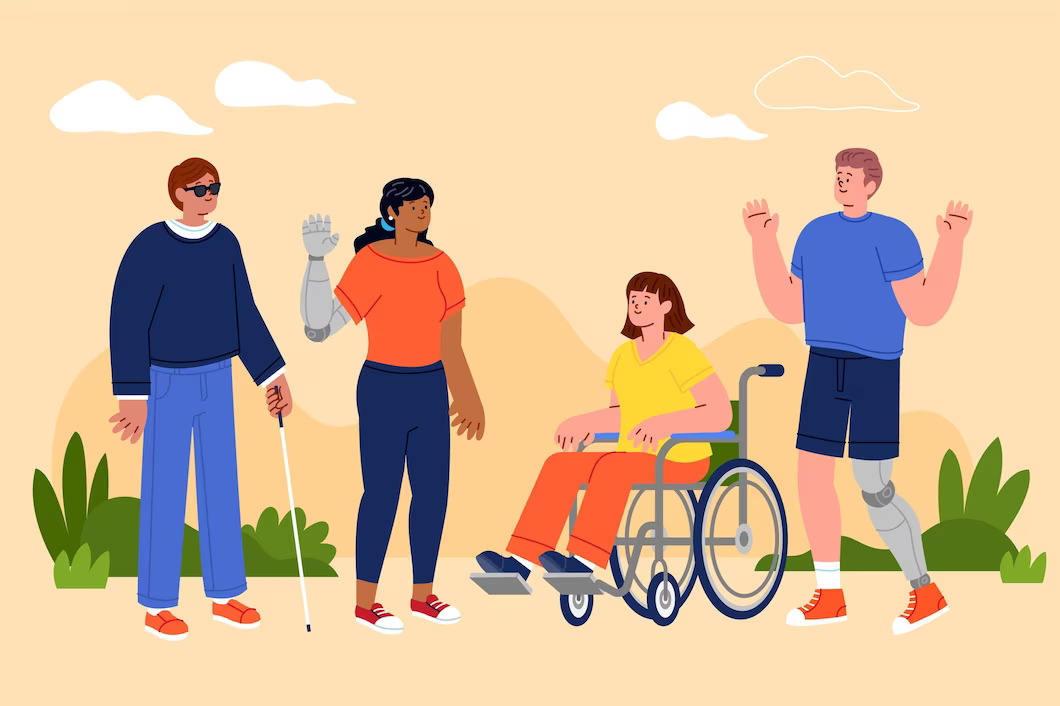Accessing Potential: A Journey Through Disability Care
- 1 Understanding Disability Care
- 2 What types of disabilities does disability care cover?
- 3 The Scope of Disability Care
- 4 The Role of Caregivers and Professionals
- 4.1 The Challenges of Disability Care
- 4.2 How can individuals with disabilities access disability care services?
- 5 Transforming Lives through Disability Care
- 5.1 Lucas’s Journey to Independence:
- 5.2 Emily’s Inclusive Education:
- 5.3 Alex’s Employment Success:
- 5.4 The Importance of Advocacy and Awareness
- 6 Conclusion
Disability care is a vital aspect of our society that often remains hidden in the shadows, yet it plays a crucial role in empowering individuals with disabilities to access their full potential. In this article, we will take you on a journey through the world of disability care, shedding light on the significance of its services, the challenges it faces, and the ways it transforms lives.
Understanding Disability Care
Disability care refers to a wide range of support services designed to enhance the quality of life for individuals with disabilities. These services are tailored to meet the unique needs and challenges of each person, promoting their independence and inclusion in society. Disability care can encompass physical, intellectual, developmental, or sensory disabilities, and it is not limited to a particular age group.
What types of disabilities does disability care cover?

Disability care is inclusive and caters to a wide spectrum of disabilities, including but not limited to physical disabilities, intellectual disabilities, developmental disabilities, and sensory impairments. It is designed to address the specific needs of each individual, ensuring that they receive the support necessary to lead fulfilling lives.
The Scope of Disability Care
Disability care services cover a broad spectrum, offering a multi-dimensional approach to meet the diverse needs of individuals with disabilities. These services can be categorized into several key areas:
Personal Care Assistance: This includes help with daily activities such as bathing, dressing, grooming, and medication management for those who may require assistance due to their disability.
Rehabilitation Services: Physical and occupational therapy, speech therapy, and other therapeutic interventions help individuals with disabilities regain or improve their functional abilities.
Community Support: Disability care often involves fostering connections within the community, promoting social engagement, and encouraging participation in recreational and cultural activities.
Educational Support: Specialized educational programs and support services are available to ensure that individuals with disabilities have access to quality education tailored to their needs.
Employment Assistance: Many disability care programs help individuals with disabilities find meaningful employment opportunities or provide job training and placement services.
Is disability care only for adults, or do children with disabilities also benefit from these services?
Disability care is not age-restricted and serves individuals across the lifespan. Children, adolescents, and adults with disabilities can access care services that are age-appropriate and tailored to their unique needs.
The Role of Caregivers and Professionals

Professionals in the field of disability care, such as disability support workers, nurses, therapists, and educators, play a crucial role in ensuring that individuals with disabilities receive the support they need to thrive. Caregivers, including family members and friends, are also instrumental in providing love and support. Together, they create a support network that empowers individuals with disabilities to access their potential.
The Challenges of Disability Care
While disability care is a lifeline for many, it faces several challenges that can hinder its effectiveness. These challenges include:
Funding Shortages: Disability care services often face funding limitations, which can restrict the availability of services and impact their quality. Adequate funding is essential to ensure that individuals with disabilities receive the support they require.
Workforce Shortages: There is a shortage of skilled professionals and caregivers in the field of disability care. This shortage can lead to overworked staff, longer waiting lists, and diminished quality of care.
Stigma and Discrimination: People with disabilities still face societal stigma and discrimination, which can limit their opportunities for education, employment, and social inclusion.
Accessibility Issues: Physical and digital accessibility remains a challenge. Individuals with mobility or sensory impairments often encounter barriers that hinder their full participation in society.
How can individuals with disabilities access disability care services?
Accessing disability care services typically involves an assessment process by a healthcare professional or social worker. This assessment determines the specific needs of the individual and recommends appropriate services. In some cases, individuals or their families can directly contact disability care providers to initiate the process.
Transforming Lives through Disability Care
Despite the challenges, disability care has the power to transform lives, enabling individuals with disabilities to reach their full potential. Here are some inspiring stories of individuals whose lives have been positively impacted by disability care:
Lucas’s Journey to Independence:
Lucas, a young man with cerebral palsy, received comprehensive disability care services. Through physical therapy, assistive technology, and personal care assistance, he gained the ability to live independently, pursue higher education, and even secured a job as a computer programmer.
Emily’s Inclusive Education:
Emily, a teenager with Down syndrome, benefited from specialized educational support within her local school. With the help of educators trained in disability care, she excelled in her studies and developed meaningful friendships with her peers.
Alex’s Employment Success:
Alex, who is blind, found employment through a disability care program that focuses on job training and placement. He now works as a customer service representative for an online retailer and has gained financial independence.
The Importance of Advocacy and Awareness
To improve disability care and enhance the lives of individuals with disabilities, advocacy and awareness are essential. Advocacy efforts aim to secure funding, raise awareness, and change policies to create a more inclusive society. Individuals and organizations can contribute to this cause by supporting and actively participating in advocacy campaigns.
Conclusion
Disability care is a vital aspect of our society, offering essential services to individuals with disabilities. By addressing their specific needs, it empowers them to access their full potential, live independently, receive an education, and secure employment. While challenges persist, advocacy and awareness can bring about positive change and improve the lives of those who rely on disability care services.

















